Uneven Skin Tone: Treatments, Home Remedies, & Tips To Manage
Simple hacks and habits to give you that flawlessly clean and clear skin naturally
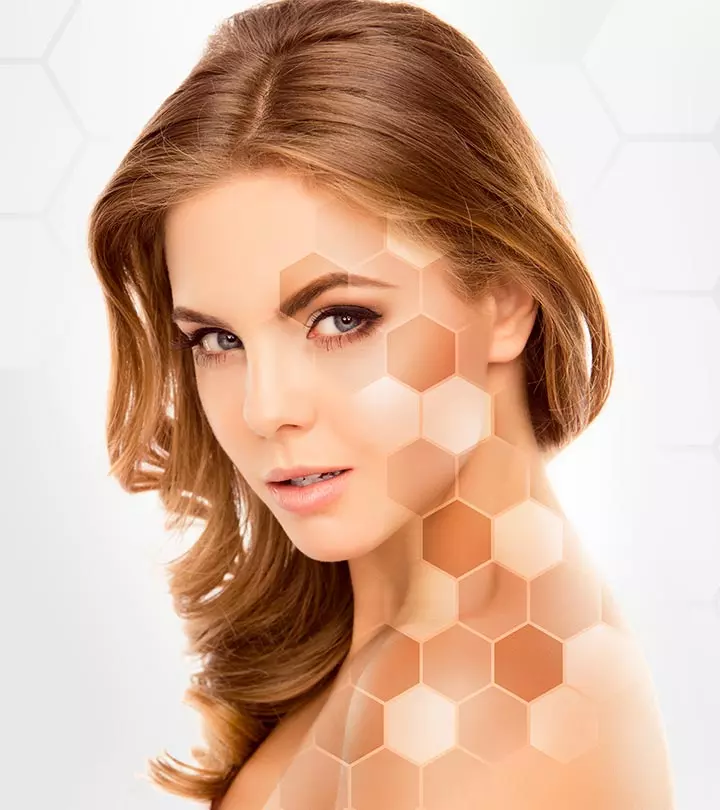
Image: Shutterstock
Why rely on concealers and foundations to cover uneven patches on your skin when you can even out your skin? We will tell you how. You can now easily whip up DIY face masks for uneven skin tone right at your home.
These natural remedies can clear the impurities and dead skin cells from your skin and fade the signs of environmental damage to improve skin clarity and brightness. Therefore, instead of learning the tricks to blend your makeup for flawless skin, learn to brighten your skin naturally. Scroll down to check out the remedies.
In This Article
What Is Uneven Skin Tone?
Uneven skin tone is a harmless and very common skin condition. Certain parts of your skin become darker than the rest, giving your skin an inconsistent color and a blotchy appearance. The patches of the skin become darker due to excessive melanin production in a particular area. There are several factors that can cause an uneven skin tone.
Key Takeaways
- Exposure to harmful UV rays from the sun, injury scarring, hormonal changes, and aging can cause increased melanin production leading to uneven skin tone.
- Home remedies like lemon juice, gram flour, turmeric, etc., exfoliate and lighten the skin color, thus helping to equalize the skin color.
- Laser treatment targets patchy skin and helps to give an even skin tone. Bleaching, peeling, and microdermabrasion remove the top layer of the skin and thus alleviate pigmentation.
- Makeup using concealer, skin corrector, and foundation provides a temporary solution to uneven skin tone.
Causes Of Uneven Skin Tone

Your skin tone becomes uneven due to several reasons:
- Sun Exposure: Who doesn’t love sun-kissed skin? But when the love affair with the sun gets too intense, your skin produces excessive melanin. These pigments absorb UV rays, which ultimately damage your skin cells, making the exposed areas darker than the rest. This also causes hyperpigmentation (1).
- Post-Inflammatory Hyperpigmentation: If any part of your skin has sustained wounds, the scar may get darker (2). This is called scarring. Acne on your face can also leave ugly scars behind.
- Hormonal Changes: If you are pregnant or take contraceptives, the imbalance in hormones may cause high melanin production (3). This condition is called melasma, and it can give you an uneven skin tone. You may develop melasma if your skin reacts to certain cosmetic products or drugs.
- Aging: As you age, you get age-related spots on your face and other areas.
- Psoriasis: This is an autoimmune condition that can lead to the development of thick, raised, red patches with silvery scales. These patches may cause discoloration and uneven skin tone due to the accelerated production of skin cells and the subsequent inflammation (4).
- Eczema: It is a skin condition that may lead to uneven skin tone due to inflammation and irritation. It causes red, itchy, and dry patches on the skin that can become discolored over time. Factors like genetics, environmental triggers, and a compromised skin barrier contribute to the development and persistence of eczema (5).
- Fungal Infections: These infections may cause uneven skin tone by triggering various skin conditions. Tinea versicolor, for instance, leads to discolored patches (6).
These are some of the reasons for uneven skin tone. However, it may go away. Gibran Shaikh, a dermatologist, says, “Patience is key. It takes approximately 28 days for the skin to turn over, so any intervention requires at least one to two months to see results.”
 Quick Tip
Quick TipResearch has shown that depigmenting natural compounds such as arbutini A chemical that inhibits melanin production and acts as a skin-brightening ingredient. It is used to treat dark spots and hyperpigmentation. , ellagic acid, lignin peroxidase, licorice extracts, niacinamide, mulberry, and soy may help with uneven skin tone (24).
The road to even skin tone starts with the right skin care. Here are some natural home remedies that can help you.
Home Remedies For Uneven Skin Tone
1. Milk, Gram Flour, And Baking Soda
You Will Need
- 2 teaspoons goat’s milk
- 1 teaspoon gram flour
- 1 teaspoon baking soda
What You Have To Do
- Mix all the ingredients in a bowl and apply it to your face.
- Let it dry.
- Wash with cold water.
Goat’s milk is exceptionally gentle, and out of all types of milk, its pH is said to be the closest to our skin. It contains lactic acid, which is known as a mild exfoliator. Gram flour helps to exfoliate the skin, reduce tanning, and lighten skin tone (7).
2. Lemon, Sugar, And Coconut Oil Scrub
You Will Need
- 1 teaspoon coconut oil
- 1 tablespoon granulated sugar
- ½ teaspoon lemon juice
What You Have To Do
- Mix all the ingredients in a bowl.
- Apply the mask on your face and scrub gently, avoiding the area around your eyes.
- Wash with lukewarm water and pat dry.
Lemon juice is said to have astringenti The property of a chemical in certain substances that help constrict body tissues and skin cells by drawing water out of them. properties that help to diminish dark spots and blemishes, giving you an even skin tone. Sugar helps to exfoliate the dead skin cells, and coconut oil keeps your skin moisturized.
3. Turmeric, Yogurt, And Lemon Juice Face Pack
You Will Need
- 2 tablespoons plain yogurt
- 1 teaspoon turmeric
- ½ teaspoon lemon juice
What You Have To Do
- Mix all the ingredients in a clean bowl.
- Apply the face pack and massage for 2 minutes in a circular motion.
- Let it dry and then wash with cold water.
Both yogurt and lemon cleanse your skin and brighten your skin tone. Yogurt contains lactic acid that also acts as a mild exfoliator (8). Turmeric has therapeutic benefits that help to keep your skin healthy (9).
4. Milk Powder Face Mask
You Will Need
- 2 teaspoons milk powder
- 1 tablespoon orange juice
What You Have To Do
- Combine the ingredients and apply a thin layer of the mixture to your face.
- Let it dry and then wash with warm water.
Milk powder contains lactic acid that has a brightening effect on your face. This face pack not only sloughs off the dead skin cells but also keeps your skin hydrated and soft. Orange juice contains vitamin C and citric acid, which reduce the pores and make your skin bright.
5. Tomato, Lemon Juice, And Honey Face Pack
You Will Need
- 1 tablespoon tomato juice (you may use the blended pulp as well)
- 2-3 drops lemon juice
- 1 tablespoon honey
What You Have To Do
- Blend the tomato juice or the pulp with lemon juice and honey.
- Apply evenly throughout your face.
- Let it stay for 15 minutes.
- Wash it off with lukewarm water and then follow it up with cold water.
Tomato is rich in lycopene that helps to prevent cell damage caused by harmful free radicals (10). Together with lemon and honey, tomatoes can keep blemishes away and give you a healthy and even skin tone.
6. Tulsi, Neem, Multani Mitti, And Rose Water Face Pack
You Will Need
- 1 teaspoon multani mitti
- 1 teaspoon tulsi powder (dry some leaves and powder them)
- 1 teaspoon neem powder
- 1 tablespoon rosewater (adjust the quantity)
What You Have To Do
- Mix all the ingredients to make a paste.
- Spread the paste on your face and allow it to dry.
- Rinse off with cold water.
Why This Works
Tulsi and neem are two medicinal plants known for their anti-inflammatory, antimicrobial, and skin healing properties (11), (12). Multani mitti absorbs the excess oil and removes dirt to make your skin clear and bright.
7. Raw Papaya And Milk Face Wash
You Will Need
- ½ cup raw papaya (diced)
- 2 tablespoons raw milk (adjust the quantity as per the consistency)
What You Have To Do
- Blend the raw papaya into a smooth paste. Add a tablespoon of water if needed (but not more than that).
- Add milk to it and make a thick paste.
- Spread the paste all over your face and neck.
- Wait for 15-20 minutes and let it dry.
- Wash off with cold water.
Why This Works
Green papaya is often used in DIY face masks. It is said to brighten the skin (13). This face mask can help remove tan and make your skin soft and healthy.
8. Lemon, Honey, Nutmeg, And Cinnamon Mask
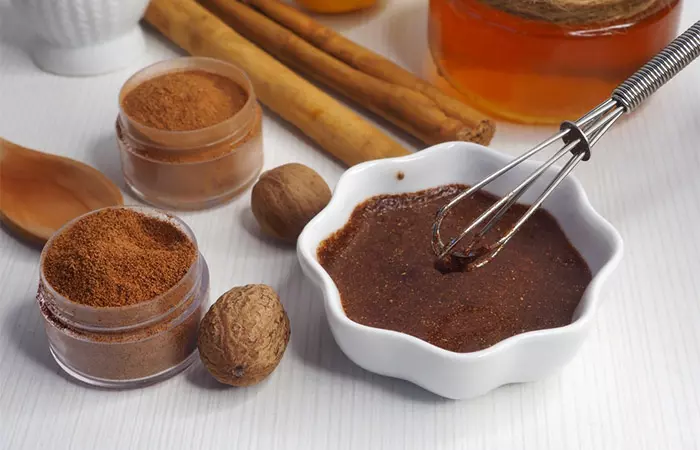
You Will Need
- ½ teaspoon lemon juice
- ½ teaspoon cinnamon powder
- ½ teaspoon nutmeg
- 1 tablespoon honey
What You Have To Do
- Mix all the ingredients in a bowl.
- Massage on your face and leave it on for 20-30 minutes.
- Remove the mask by massaging with your fingers in a circular motion.
Why This Works
Lemon can help brighten the skin, while cinnamon has anti-inflammatory properties and was found to be effective on mild to moderate acne (14). Honey has antibacterial properties and is a natural humectant that keeps your skin moisturized (15).
9. Honey And Oatmeal
You Will Need
- 2 tablespoons rolled oats
- ½ tablespoon lemon juice
- 2 tablespoons honey
- 4 drops tea tree essential oil
What You Have To Do
- Grind the oatmeal.
- Mix lemon juice, honey, oats, and tea tree oil in a bowl.
- Apply the mixture to your face and let it stay for at least 15 minutes.
- Wash the mask with cold water.
Why This Works
Oatmeal contains saponins, which cleanse your skin thoroughly and make it bright (16). It also has anti-inflammatory properties, which make it suitable for all skin types. Honey nourishes the skin, and lemon juice contains citric acid that works on dark spots and improves blemished and pigmented skin.
10. Orange Juice And Turmeric
You Will Need
- 1 tablespoon orange juice
- 1 teaspoon turmeric
What You Have To Do
- Blend the orange juice and the turmeric well.
- Apply it to your skin and let it dry for 10 minutes.
- Wash with cold water.
Why This Works
Turmeric has been used as a skin-lightening agent for ages. It also offers skin-soothing and therapeutic benefits (9). Orange juice helps to reduce blemishes and dark patches and make your skin glow.
11. Honey And Lemon Peel Face Mask
You Will Need
- 1 tablespoon lemon peel (dry the peels under the sun and grind them into a powder)
- 1 tablespoon honey
What You Have To Do
- Blend the ingredients in a bowl.
- Spread the blend evenly all over your face.
- Wait for 15-20 minutes before washing it off.
Why This Works
Lemon peel has antimicrobial properties (17). This can keep your skin free of acne and other issues. It may also lighten the dark spots and blemishes. This face mask is useful for all skin types.
12. Sandalwood And Milk Face Pack
You Will Need
- 1 tablespoon red sandalwood powder (Rakta Chandan)
- 1 tablespoon milk (adjust the quantity as per the consistency you want)
- ½ teaspoon turmeric
What You Have To Do
- Mix all the ingredients and blend into a thick creamy paste.
- Apply it to your face and let it dry.
- Wash using lukewarm water.
Why This Works
In Ayurveda and traditional medicine, the heartwood of the red sandalwood tree is used for healing skin inflammation (18). It may help in reducing mild to moderate acne. Together with milk and turmeric, it removes tan and gives you bright and glowing skin.
13. Orange, Sugar, And Aloe Vera Gel Face Pack
You Will Need
- 3 tablespoons orange juice
- 2 tablespoons aloe vera juice
- 1 teaspoon brown sugar
What You Have To Do
- Mix the orange juice, aloe vera pulp, and sugar in a bowl.
- Apply the face pack and leave it on for 5-10 minutes.
- Soak your hand in lukewarm water and then gently massage the face pack for 10 minutes.
- Wash it off.
Why This Works
Orange juice and aloe vera can help reduce blemishes on your skin. The topical application of aloe vera can help reduce skin inflammation (19). Sugar is an excellent exfoliant that exfoliates the dead skin cells, making your face bright and radiant.
Caution: Be gentle. Do not rub hard as the sugar may scrape your skin.
14. Cucumber And Lemon Juice
You Will Need
- ½ cucumber
- Juice of ½ lemon
What You Have To Do
- Grate the cucumber in a bowl and keep in the fridge for an hour.
- Add the lemon juice to the cucumber pulp/juice and apply it to your face.
- Leave it on for about 15 minutes.
- Wet cotton pads in cold water and clean your face.
Why This Works
This is an extremely hydrating face mask and a cool way to reduce blemishes and get an even skin tone. Cucumber and lemon juice not only brighten your skin but also reduce inflammation, calm your skin, and shrink pores. This is a quick solution for dark circles.
Caution: Be careful with the quantity of lemon juice as it may irritate sensitive skin.
15. Tomato Pulp

You Will Need
- 1 tomato (pulped)
What You Have To Do
- Apply the tomato pulp all over your face and neck. Let it dry.
- Wash with cold water.
Why This Works
- This is probably the easiest way to get rid of an uneven skin tone. Tomato juice is popularly used to reduce tanning and to brighten the skin. It also helps in tightening and cleansing the pores thoroughly.
- Apart from home remedies for uneven skin tone, you may also try medical treatment options.
Punam Sharma, a blogger, shared that she uses a DIY vitamin C serum to treat pigmentation and uneven skin tone. She prepares it using vitamin C tablets, vitamin E capsules, rose water, and glycerin. She writes, “ Vitamins C and E, when used regularly, can help reduce the damage caused by the harmful UV rays and Vitamin-C is an excellent antioxidant and helps in the production of collagen, which gives you flawless skin and also keeps wrinkles at bay…My skin feels healthy with no acne marks and pigmentation is also reduced to some extent (i).”
Medical Treatment Options For Uneven Skin Tone
1. Laser Resurfacing Treatment
In this process, the doctor uses highly concentrated laser beams to treat blemishes, hyperpigmentation, splotchy, mottled skin, and any other skin discoloration to give you an even skin tone (20). You have to consult a doctor to determine whether you are suitable for laser treatment or not and to decide the type of laser for your skin.
2. Hydroquinone
This is a skin bleaching medicine and is meant for hyperpigmentation (21). The FDA allows only 2% hydroquinone to be sold as OTC medicine. For a higher percentage, you need to consult with your doctor. Although this medicine is well tolerated, it may not suit all skin types. Hence, you need to consult a dermatologist before using this medicine.
 Quick Tip
Quick TipYour healthcare provider may suggest using topical creams with ingredients like retinoidsi Vitamin A derivative chemical compounds that boost the production of collagen, useful in skincare treatments to prevent aging and wrinkles. , steroids, zinc sulfate, arbutini A chemical that inhibits melanin production and acts as a skin-brightening ingredient. It is used to treat dark spots and hyperpigmentation. , azelaic acidi Naturally occurring organic acid in grains (wheat, barley, and rye) that possesses anti-microbial and anti-inflammatory properties. , and kojic acidi A chemical compound derived from fungi that inhibits melanin production and acts as a bleaching agent to lighten the skin tone. as a first-line therapy method (25).
3. Chemical Peels
Chemical peeling is a cosmetic procedure in which a doctor applies chemical solutions to your skin to remove its topmost layer. It is usually recommended for treating discolored skin, wrinkles, and scars (22). It may cause side effects like redness and scarring if not done properly. Never go for the treatment without consulting a dermatologist. The doctor can help determine whether you are the right candidate for it or not.
4. Microdermabrasion
If you want to know how to treat hyperpigmentation quickly, this treatment is your answer, It is a safe way to gently remove the top layer of your skin and treat unwanted pigmentation and discoloration (23). However, you need to consult a skin care specialist and get the procedure done by a trained esthetician.
“Retinol can improve uneven skin tone, but again, it takes 2 months or more to see results,” says Gibran Shaikh, a dermatologist.
Whether you follow natural remedies or medical treatment options, you need to be patient and wait before you see results. However, if you need any quick-fixes while you wait to get back your natural and an evened out skin tone, you can use makeup.
How To Manage Uneven Skin Tone With Makeup
This is just a temporary solution to conceal uneven skin tone. Here are the steps that you need to follow to get an even skin tone with makeup:
- Prep your skin: Use a moisturizer followed by a primer to prepare your skin before you put any makeup product.
- Color Correct Your Skin: A good color corrector can hide dark spots, redness, and uneven skin tone. Click here to learn more about color correcting.
- Apply Concealer: You can use a concealer before you apply the foundation. It helps to hide any dark spots, dark circles, and blemishes on your skin.
- Apply Foundation: Choose a foundation that matches your skin tone and spread it evenly on your face. Check your undertone to determine the right foundation for your face. If you have used a concealer, you may not need much product on your face. Blend it properly, and you are good to go.
These are basic makeup tips that you can follow to fix the irregular spotty marks on your face quickly.
Taking care of your skin is something that shouldn’t be an occasional affair. While these face masks can help you combat uneven skin tone, blemishes, and acne, embracing daily skin care practices is the only way to maintain great skin. Here’s a quick view of the things you need to do to fix an uneven skin tone.
Lifestyle Tips To Reduce Uneven Skin Tone
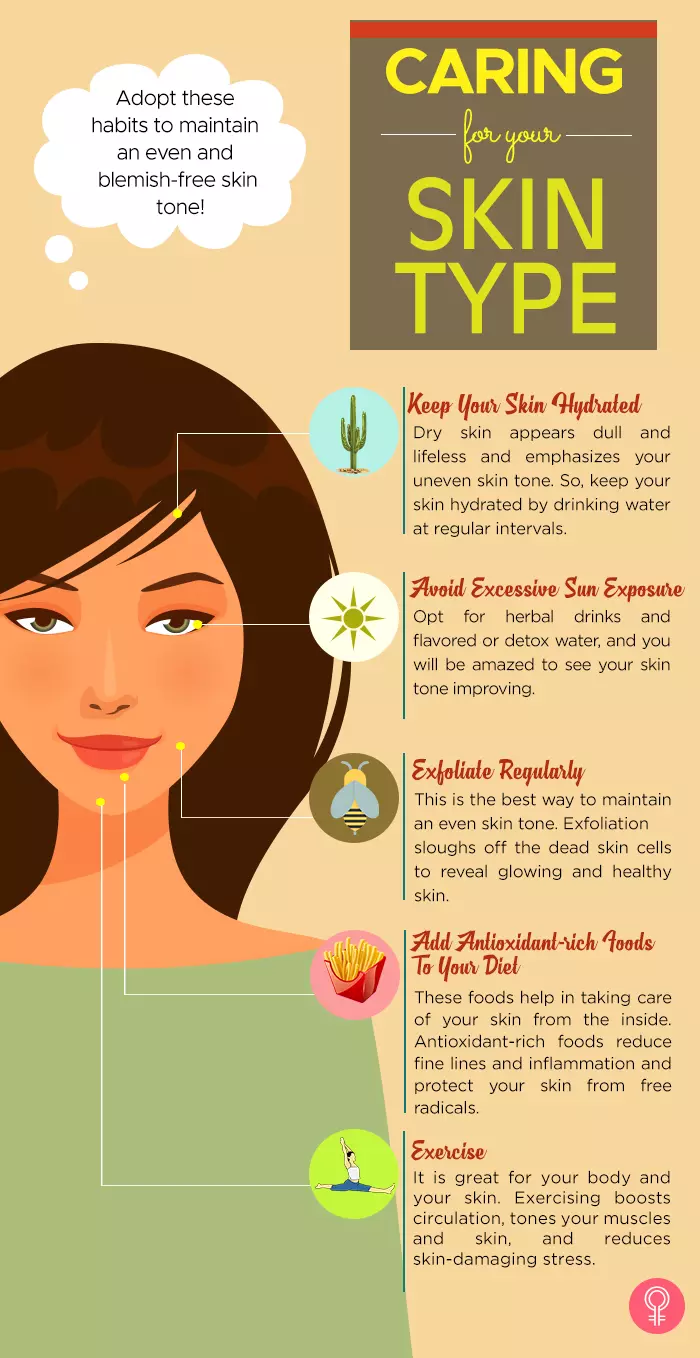
Adopt these healthy lifestyle habits to maintain a blemish-free skin:
- Keep Your Skin Hydrated: Dry skin appears unevenly toned, cracked, flaky, dull, and lifeless. Keep yourself, and your skin, hydrated by drinking water at regular intervals. You can also try herbal drinks and flavored detox water.
- Avoid Excessive Sun Exposure: Long-term exposure to sun rays may cause hyperpigmentation, tanning, and an uneven skin tone. Apply sunscreen, with a SPF level of 30 or higher, before you step out. Also, avoid the sun during peak hours and try to stay under the shade. If you do have to head out, wear protective gear like sunglasses, long sleeved tops, full pants, and a hat.
- Exfoliate Regularly: This is the best way to maintain an even skin tone. Exfoliation sloughs off the dead skin cells to reveal glowing and healthy skin.
- Add Antioxidant-Rich Foods To Your Diet: Consume more antioxidant-rich vegetables, whole grains, seafood, poultry, and low-fat dairy products. These foods provide your cells with all the essential nutrients and keep them healthy and give you a clear skin tone.
- Exercise Regularly: Exercising is not only great for your body, but it also boosts circulation, tones your muscles and skin, and reduces skin-damaging stress.
Unless you follow a proper skin care routine religiously, it is nearly impossible to combat issues like uneven skin tone. A toner rebalances your skin, keeps it glowing, and gives it an even tone. A lot of these results depend on what type of toner you use. Let’s take a look at the types of toners.
Best Toners For Uneven Skin Tone
Toners essentially come in three variants:
- Alcohol-free (contains glycerine and 0% alcohol)
- Skin tonics (containing up to 20% alcohol)
- Astringentsi The property of a chemical in certain substances that help constrict body tissues and skin cells by drawing water out of them. (containing up to 60% alcohol)
Select a toner depending on your skin type:
- If you have dry skin, alcohol-free toners are best for you. They are neither too harsh on the skin, nor do they dry the skin out. They do just what they are supposed to – maintain the pH balance of the skin.
- For people with other skin types, skin tonics work better. These remove all traces of oil from the face. They help keep your face squeaky clean.
Infographic: Tips To Manage Uneven Skin Tone
Multiple factors, such as hormonal imbalances, age, and over-exposure to the sun can leave uneven patches on your skin. The good news is that with a few simple prevention tips and a good skin care routine, you can easily manage your uneven skin tone.
Check out the infographic below to know more! Illustration: StyleCraze Design Team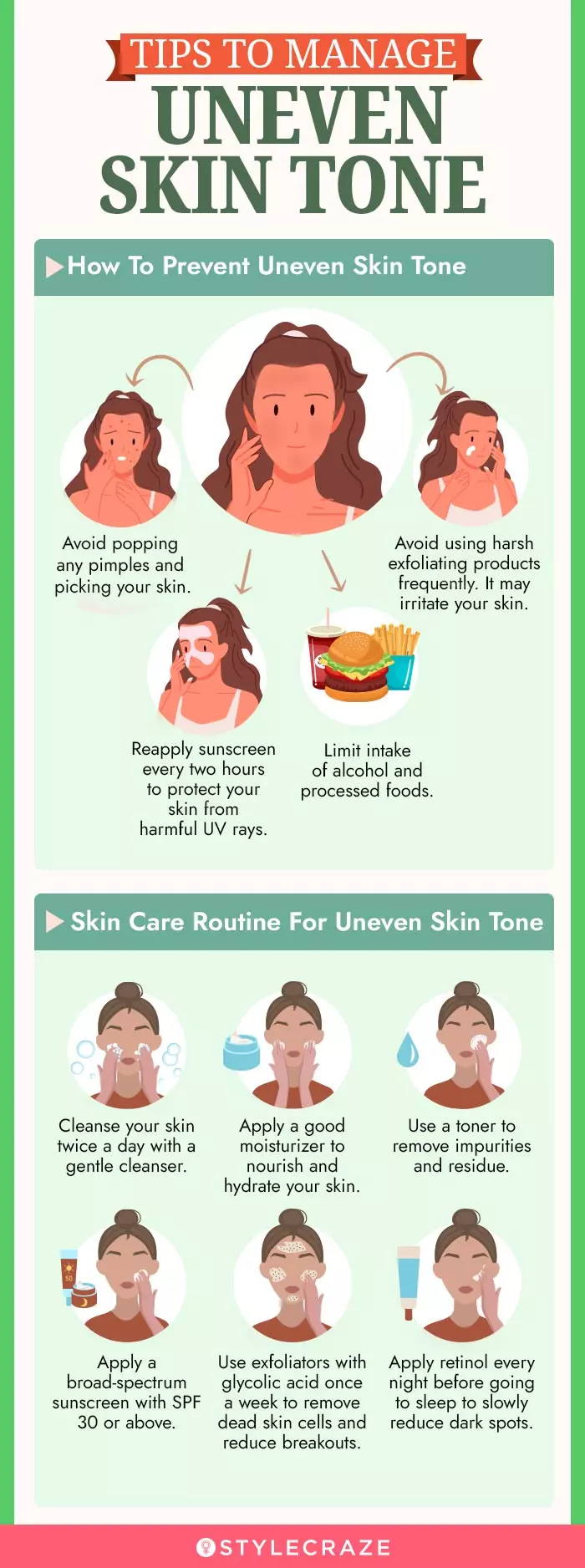
Uneven skin tone is a common skin issue that makes your skin look inconsistent and darker in certain areas. Several factors such as sun exposure, post-inflammatory hyperpigmentation, hormonal changes, and aging are responsible for this condition and can cause variegated pigment changes on the skin. Face masks made of natural ingredients like milk, gram flour, baking soda, lemon, sugar, coconut oil, turmeric, yogurt, tomato, tulsi, neem may help improve your skin tone and even out the texture. Other medical treatments include microdermabrasion, laser therapy, chemical peels, hydroquinone. Making a few lifestyle changes will also help solve this issue.
Frequently Asked Questions
Which vitamin helps even out the skin tone and keep it healthy?
Dr. Anna Chacon, a board-certified dermatologist, says, “ Vitamin C is found at high levels in the epidermis (outer layer of skin) as well as the dermis (inner layer of skin). Its cancer-fighting (antioxidant) properties, and its role in collagen production help keep your skin healthy.”
Are hyperpigmentation and uneven skin tone the same thing?
They are similar with subtle differences. Hyperpigmentation may be a reason for uneven skin tone, which can also be caused by a lot of other factors. Hyperpigmentation is usually caused by any inflammation caused by skin damage.
How do I know what’s causing my uneven skin tone?
Consult the doctor to know if there are any underlying reasons.
Does retinol help with uneven skin tone?
Yes, retinol can help with uneven skin tone as it can boost collagen production and improve cell turnover rate (26).
How long does it take to even skin tone?
It takes a minimum of 30 days of dedicated skin care practices to start seeing a difference in the skin tone, while achieving a totally even skin tone may take up to 4 months.
What are the best ingredients for evening skin tone?
Look for ingredients like vitamin C, niacinamide, and alpha hydroxy acids that may help brighten and even out skin tone over time with consistent use.
Can diet affect skin tone?
Yes, a balanced diet rich in vitamins and antioxidants can support healthy skin, while processed foods are generally believed to contribute to an uneven tone.
Illustration: How To Fix Uneven Skin Tone: Treatments Remedies And Tips
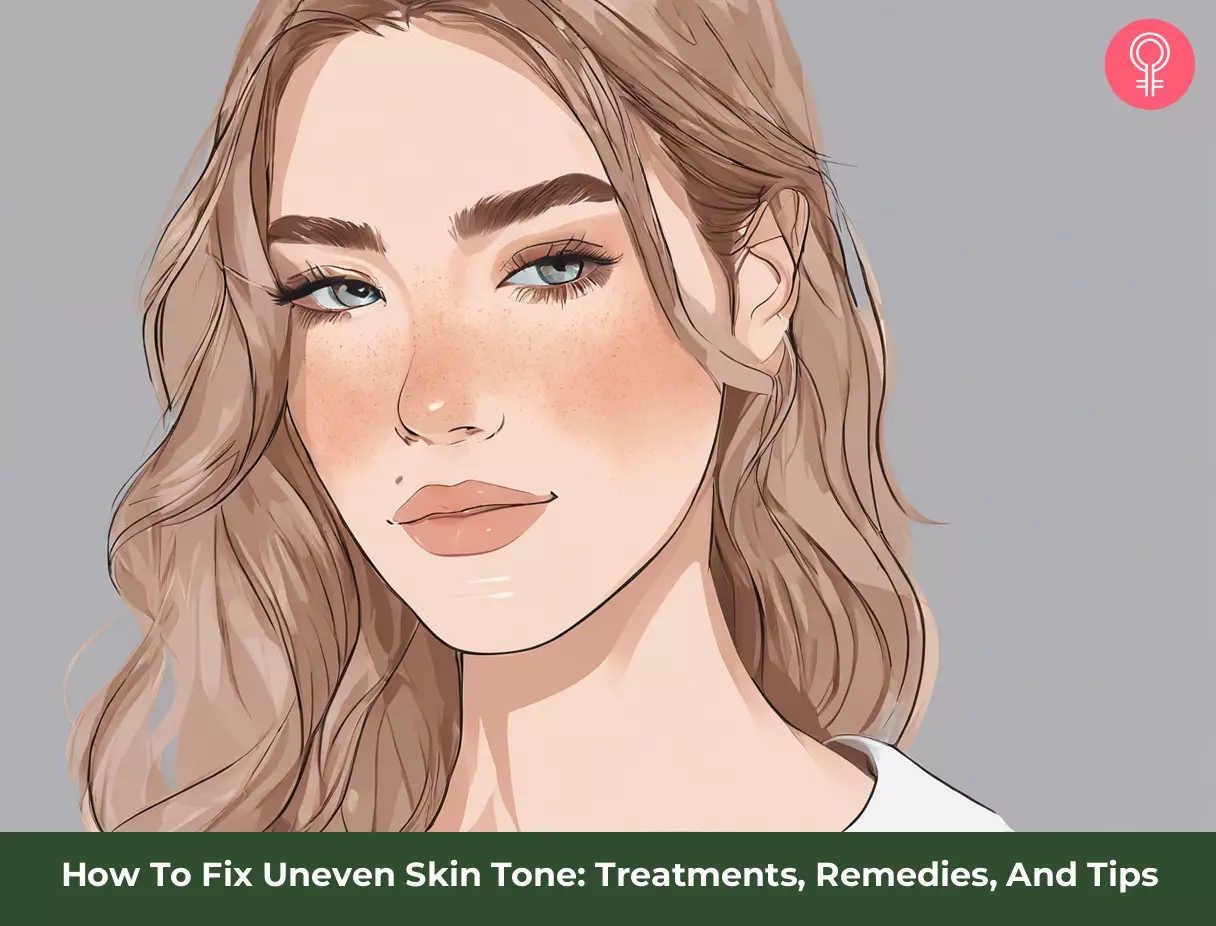
Image: Stable Diffusion/StyleCraze Design Team
Say goodbye to uneven skin tone with these 7 game-changing techniques! From natural remedies to skincare tips, this video reveals the secrets to achieving a flawless complexion. Watch this video and get ready to glow!
Personal Experience: Source
StyleCraze's articles are interwoven with authentic personal narratives that provide depth and resonance to our content. Below are the sources of the personal accounts referenced in this article.
i. How to make vitamin-C serum at home.https://makeupandbeauti.wordpress.com/2017/04/03/how-to-make-vitamin-c-serum-at-home/
References
Articles on StyleCraze are backed by verified information from peer-reviewed and academic research papers, reputed organizations, research institutions, and medical associations to ensure accuracy and relevance. Read our editorial policy to learn more.
- Facial hyperpigmentation: causes and treatment, British Journal of Dermatology, Wiley Online Library.
https://onlinelibrary.wiley.com/doi/full/10.1111/bjd.12536 - Postinflammatory Hyperpigmentation, The Journal of Clinical and Aesthetic Dermatology, US National Library of Medicine, National Institutes of Health.
https://www.ncbi.nlm.nih.gov/pmc/articles/PMC2921758/ - An updated review of melasma pathogenesis, Dermatologica Sinica, ScienceDirect.
https://www.sciencedirect.com/science/article/pii/S1027811714000548 - Characteristics of postinflammatory hyper- and hypopigmentation in patients with psoriasis: A survey study, Journal Of The American Academy Of Dermatology.
https://www.jaad.org/article/S0190-9622(20)30234-6/fulltext - Eczema, StatPearls, US National Library of Medicine, National Institutes of Health.
https://www.ncbi.nlm.nih.gov/books/NBK538209/ - Uncommon presentations of tinea versicolor, Dermatology Practical & Conceptual, US National Library of Medicine, National Institutes of Health.
https://www.ncbi.nlm.nih.gov/pmc/articles/PMC4132011/ - In-House Preparation and Standardization of Herbal Face Pack, The Open Dermatology Journal, Bentham Open, Semantic Scholar.
https://www.semanticscholar.org/paper/In-House-Preparation-and-Standardization-of-Herbal-Pal-Pal/e47d35a89c587c622323b5a7fc4e30f55d5be6df?p2df - Epidermal and dermal effects of topical lactic acid, Journal of the American Academy of Dermatology, ScienceDirect.
https://www.sciencedirect.com/science/article/abs/pii/S0190962296906027 - Effects of Turmeric (Curcuma longa) on Skin Health: A Systematic Review of the Clinical Evidence., Phytotherapy Research, US National Library of Medicine, National Institutes of Health.
https://pubmed.ncbi.nlm.nih.gov/27213821/ - Antioxidant activity of topically applied lycopene. Journal of European Academy of Dermatology and Venereology, US National Library of Medicine, National Institutes of Health.
https://pubmed.ncbi.nlm.nih.gov/14678532/ - Antimicrobial Activity of Tulsi (Ocimum tenuiflorum) Essential Oil and Their Major Constituents against Three Species of Bacteria, Frontiers in Microbiology, US National Library of Medicine, National Institutes of Health.
https://www.ncbi.nlm.nih.gov/pmc/articles/PMC4868837/ - Therapeutics Role of Azadirachta indica (Neem) and Their Active Constituents in Diseases Prevention and Treatment, Evidence-Based Complementary and Alternative Medicine, US National Library of Medicine, National Institutes of Health.
https://www.ncbi.nlm.nih.gov/pmc/articles/PMC4791507/ - Traditional and Medicinal Uses of Carica papaya, Journal of Medicinal Plants Studies.
https://www.plantsjournal.com/vol1Issue1/Issue_jan_2013/2.pdf - Efficacy of topical cinnamon gel for the treatment of facial acne vulgaris: A preliminary study, Biomedical Research and Therapy, BioMedPress, http://bmrat.org/index.php/BMRAT/article/view/515
- Honey in Dermatology and Skin Care: A Review, Journal of Cosmetic Dermatology, US National Library of Medicine, National Institutes of Health.
https://pubmed.ncbi.nlm.nih.gov/24305429/ - Colloidal oatmeal: history, chemistry and clinical properties., Journal of Drugs in Dermatology, US National Library of Medicine, National Institutes of Health.
https://pubmed.ncbi.nlm.nih.gov/17373175/ - Study Antimicrobial Activity of Lemon (Citrus lemon L.) Peel Extract, British Journal of Pharmacology and Toxicology, ResearchGate, https://www.researchgate.net/publication/236217959_Study_Antimicrobial_Activity_of_Lemon_Citrus_lemon_L_Peel_Extract
- Therapeutic Potential of Pterocarpus santalinus L.: An Update, Pharmacognosy Review, US National Library of Medicine, National Institutes of Health.
https://www.ncbi.nlm.nih.gov/pmc/articles/PMC4791987/ - Aloe Vera: A Short Review, Indian Journal of Dermatology, US National Library of Medicine, National Institutes of Health.
https://www.ncbi.nlm.nih.gov/pmc/articles/PMC2763764/ - A Pilot Study of Skin Resurfacing Using the 2,790-nm Erbium:YSGG Laser System, Archives of Plastic Surgery, US National Library of Medicine, National Institutes of Health.
https://www.ncbi.nlm.nih.gov/pmc/articles/PMC4297807/ - TOPICAL TREATMENT OF MELASMA, Indian Journal of Dermatology, US National Library of Medicine, National Institutes of Health.
https://www.ncbi.nlm.nih.gov/pmc/articles/PMC2807702/ - Evidence and Considerations in the Application of Chemical Peels in Skin Disorders and Aesthetic Resurfacing, The Journal of Clinical and Aesthetic Dermatology, US National Library of Medicine, National Institutes of Health.
https://www.ncbi.nlm.nih.gov/pmc/articles/PMC2921757/ - Microdermabrasion: An Evidence-Based Review, Plastic and Reconstructive Surgery, US National Library of Medicine, National Institutes of Health.
https://pubmed.ncbi.nlm.nih.gov/20048628/ - Are Natural Ingredients Effective in the Management of Hyperpigmentation? A Systematic Review
https://www.ncbi.nlm.nih.gov/pmc/articles/PMC5843359/ - Hyperpigmentation Therapy: A Review
https://www.ncbi.nlm.nih.gov/pmc/articles/PMC4142815/ - A Clinical Anti-Ageing Comparative Study of 0.3 and 0.5% Retinol Serums: A Clinically Controlled Trial, US National Library of Medicine, National Institutes of Health.
https://pubmed.ncbi.nlm.nih.gov/32428912/
Read full bio of Dr. Vindhya L Veerula
- Dr. Gibran Shaikh, MD, is a board-certified dermatologist with over 6 years of experience. He is also the founder of myskinofcolor, a teledermatology platform for people of color. He attended New York University School of Medicine followed by residency training at Icahn School of Medicine, Mount Sinai, and University of Maryland School of Medicine. At Maryland, he served as chief resident of the Department of Dermatology.
 Dr. Gibran Shaikh, MD, is a board-certified dermatologist with over 6 years of experience. He is also the founder of myskinofcolor, a teledermatology platform for people of color. He attended New York University School of Medicine followed by residency training at Icahn School of Medicine, Mount Sinai, and University of Maryland School of Medicine. At Maryland, he served as chief resident of the Department of Dermatology.
Dr. Gibran Shaikh, MD, is a board-certified dermatologist with over 6 years of experience. He is also the founder of myskinofcolor, a teledermatology platform for people of color. He attended New York University School of Medicine followed by residency training at Icahn School of Medicine, Mount Sinai, and University of Maryland School of Medicine. At Maryland, he served as chief resident of the Department of Dermatology. - Dr. Anna Chacon, MD, FAAD, is a double board-certified dermatologist with over 7 years of experience. She has authored many peer-reviewed articles and managed clinical research studies during her fellowship. She completed her medical school in the PLME (Program of Liberal Medical Education) at Brown University.
 Dr. Anna Chacon, MD, FAAD, is a double board-certified dermatologist with over 7 years of experience. She has authored many peer-reviewed articles and managed clinical research studies during her fellowship. She completed her medical school in the PLME (Program of Liberal Medical Education) at Brown University.
Dr. Anna Chacon, MD, FAAD, is a double board-certified dermatologist with over 7 years of experience. She has authored many peer-reviewed articles and managed clinical research studies during her fellowship. She completed her medical school in the PLME (Program of Liberal Medical Education) at Brown University.
Read full bio of Ramona Sinha
Read full bio of Eshna Das
Read full bio of Shiboli Chakraborti







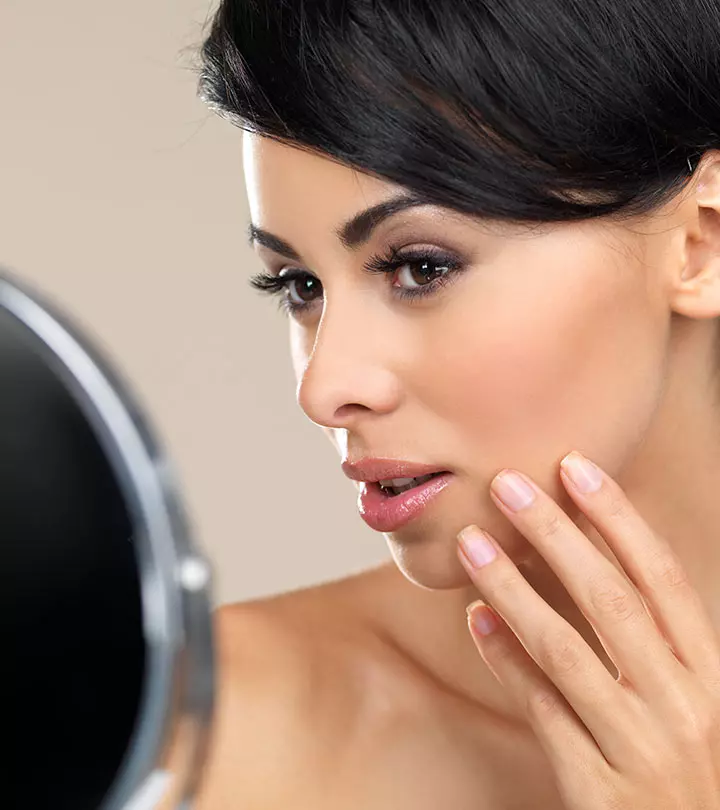




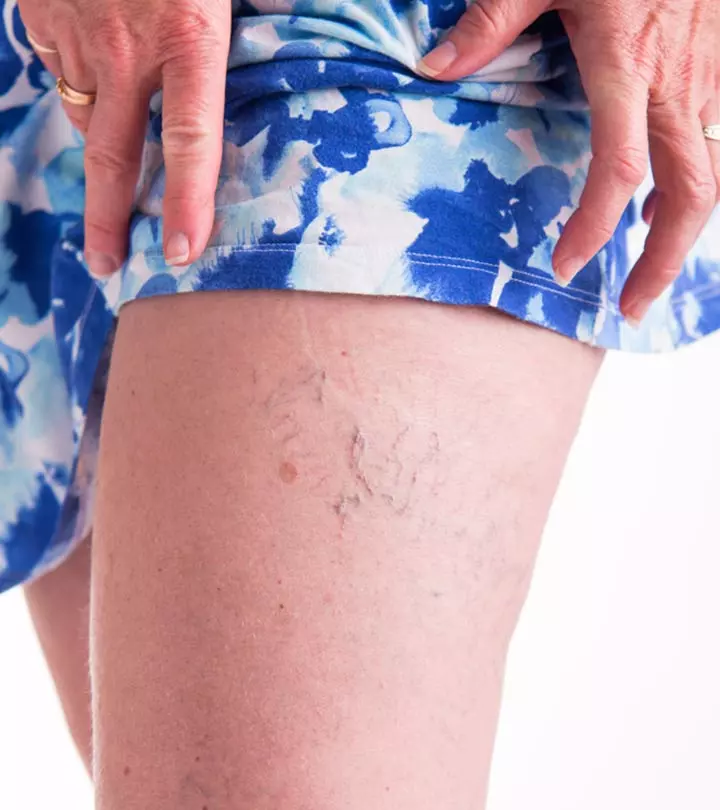
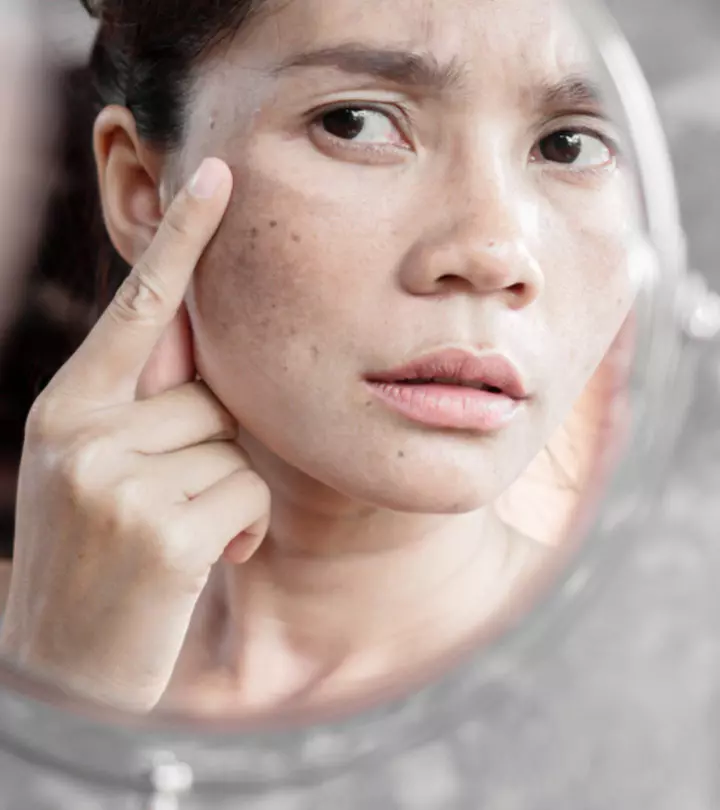


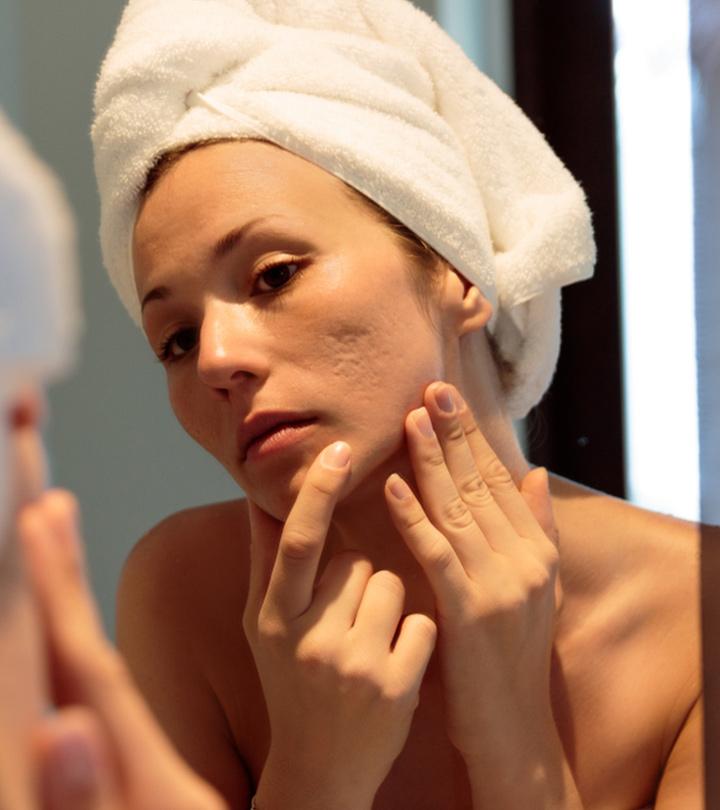



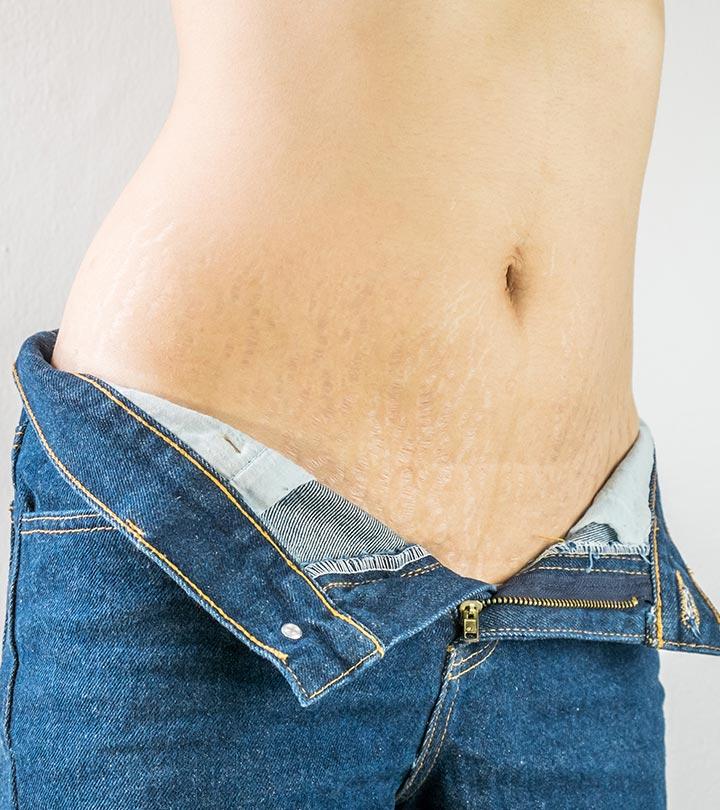

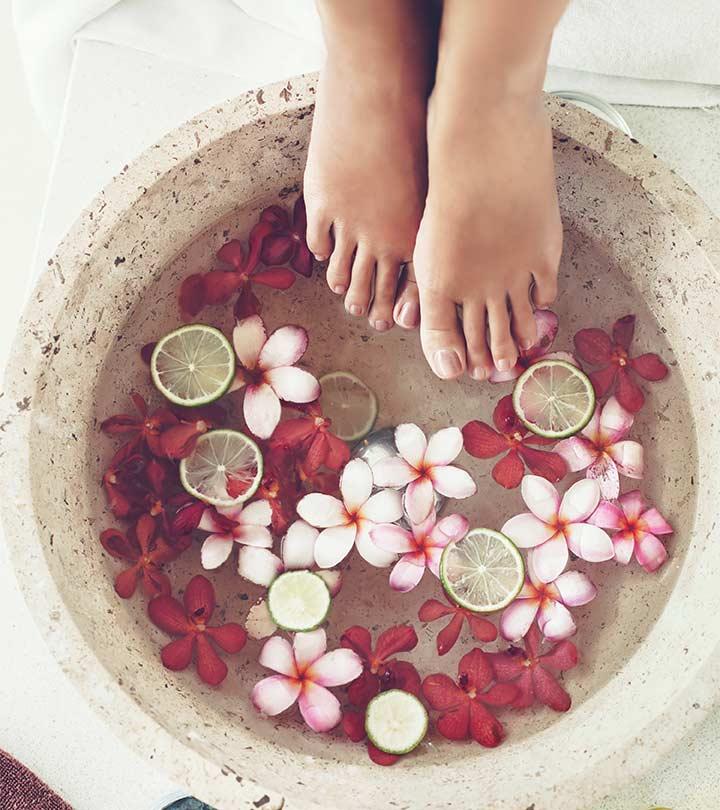
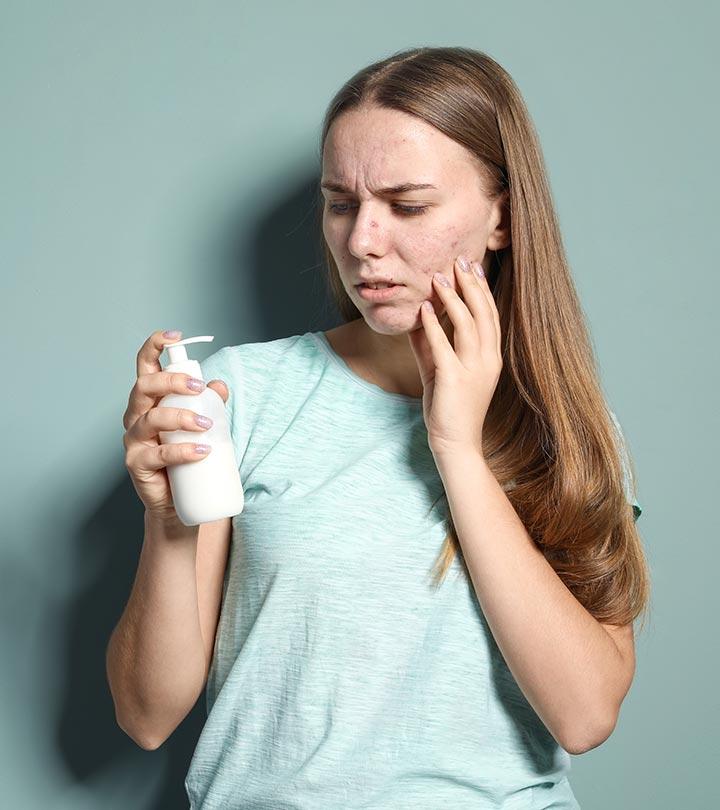
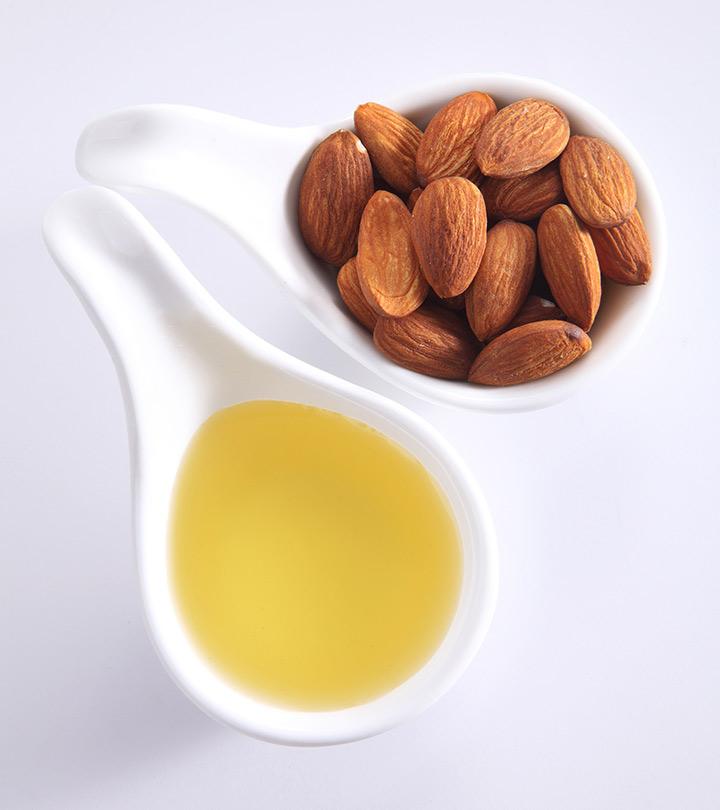


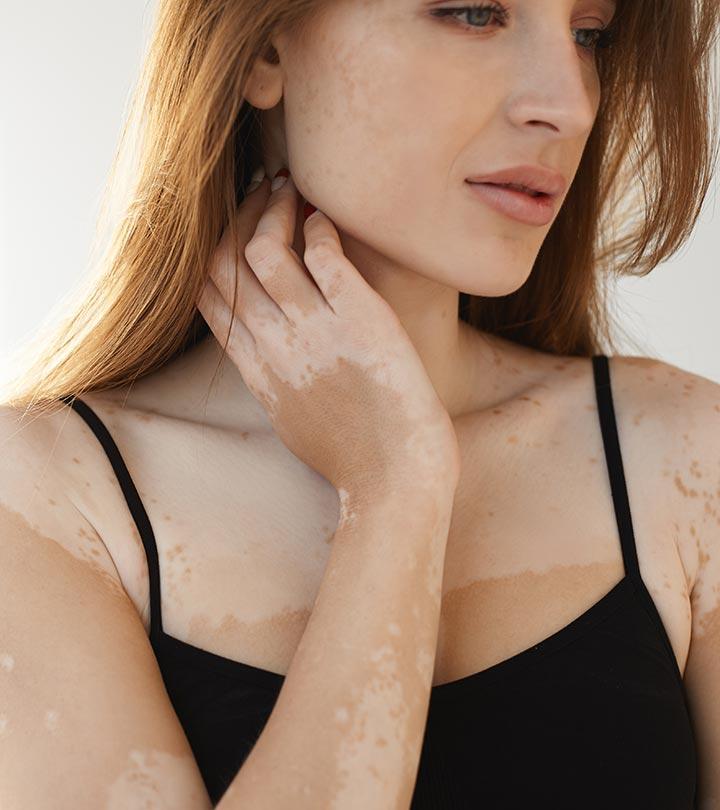
Community Experiences
Join the conversation and become a part of our empowering community! Share your stories, experiences, and insights to connect with other beauty, lifestyle, and health enthusiasts.